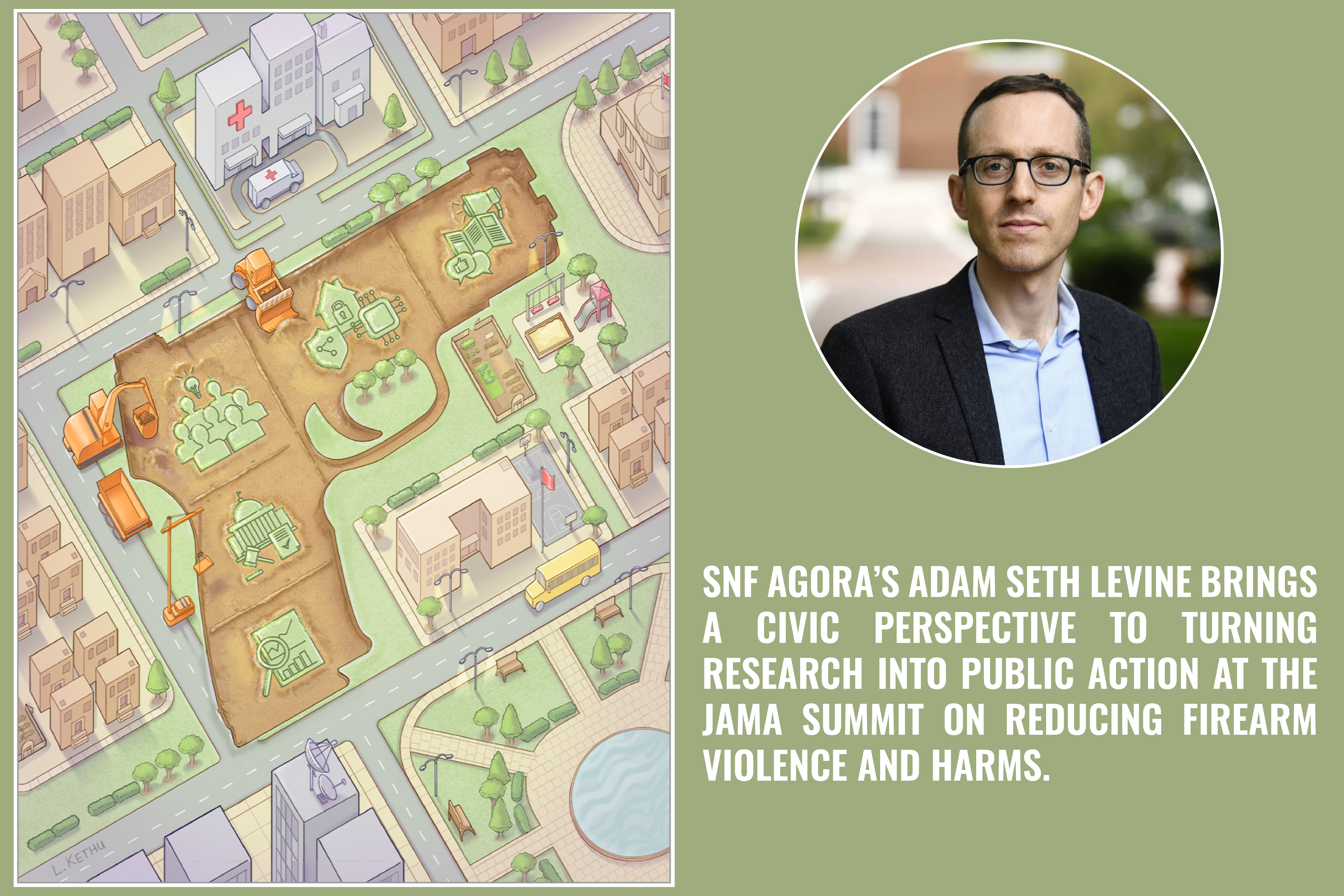
When Ryan Cieslikowski entered Stanford University, he imagined joining a community of changemakers. He expected to find peers eager to serve, question, and build. “I thought I was walking into a space that took students from all walks of life and helped them make the world better,” he said.
It didn’t take long for that belief to unravel.
By his second year, he saw the same pattern play out again and again. Students arrived with public-spirited ambitions but gradually narrowed their focus. Many followed the same path, drawn by societal prestige and economic security. “People say they want to do good,” he said, “but they don’t always feel they’re allowed to.”
Cieslikowski began to ask why students at the country’s most prestigious schools tended to gravitate toward the same outcomes. His search led him to sociologist Amy Binder, who had been studying a similar trend from a different angle. After years of exploring how college campuses shape political identity, Binder turned her attention to how they shape professional direction.
Their collaboration resulted in Educating Citizen Leaders, a white paper published by the SNF Agora Institute. Binder originally introduced the concept of “career funneling” nearly a decade ago. In this new co-authored paper, the two revisit and expand the idea, describing it as a structural process through which elite universities guide students into a narrow set of private-sector jobs while offering comparatively little support for public-interest careers.
What sets their analysis apart is its clarity about where the incentive to funnel comes from. At many elite institutions, career services operate under a self-funding model. The more they serve high-paying, high-volume employers (often in finance, consulting, or tech), the more revenue they generate. “That setup shapes everything,” Cieslikowski said. “The design rewards certain kinds of access. And it penalizes everyone else.”
Students are not choosing among neutral options. They respond to an ecosystem wherein some paths are smooth and brightly lit while others are obscured, unmarked, or quietly discouraged.
“It’s not that students are making bad decisions,” Binder said. “They’re responding rationally to the cues elite institutions send, even though those institutions claim to prepare students to lead.”
She pointed to research interviews that captured this disconnect. One student, reflecting on their desire to teach, said flatly, “You can’t go to a school like this and become a teacher. Nobody does that.” Another described the overwhelming sense of inevitability: “You get worried. You see what everyone else is doing. And you just go along with it.”
Binder and Cieslikowski argue that career funneling has consequences not only for students but also for democracy. When elite institutions concentrate their graduates into a handful of private-sector pipelines, they drain the public sphere of talent, energy, and new ideas. Fields such as education, journalism, government, and civic organizing often lose out—not because students lack interest but because the systems surrounding them offer little guidance or support for matching that interest to a relevant career path.
The contradiction runs deep. Elite universities speak the language of service and pluralism yet reward only a narrow set of professional outcomes. Students quickly learn which careers earn praise and which are quietly dismissed. Some eventually return to public interest work, but many describe a circuitous path and regret not having had more precise support earlier in their career journey.
Binder, whose research at SNF Agora focuses on how institutions can help revitalize democracy, sees this disconnect as both a challenge and an opportunity. “We need to reframe what leadership looks like,” she said. “It’s not just about climbing to the top of a firm. It’s also about working in schools, clinics, courtrooms, and community centers. These are the places where democratic values are lived out.”
The white paper includes 18 recommendations to help universities support broader career outcomes. Some are structural: rebalance recruiter access, fund civic internships, and collect better data on graduate impact. Others are cultural: shifting orientation and career services messaging, recognizing alumni in public service, and removing the stigma around taking the road less traveled.
Cieslikowski offered one example with outsized potential. “What if, during orientation, students were told: You’ll face pressure to follow certain paths. That’s real. But we’re here to help you explore others. You don’t have to chase prestige to do meaningful work.” Binder emphasized that real change will require institutional will. “Students aren’t the problem. The problem is that the support systems for civic careers are too weak, and the rewards for choosing them are too low. We have to change the structure. We cannot just hope that students figure it out on their own.”
Today, Cieslikowski continues this work through Class Action, a student-led network helping college communities challenge narrow definitions of success. Binder is extending her research, supported by SNF Agora, to examine how some institutions build stronger pathways into public-facing work.
“If we say we’re educating citizen leaders,” she said, “we have to mean it. And that means building systems that make public service possible, visible, and respected.”
Because at the root of it, Binder and Cieslikowski are asking institutions to honor a promise: not just to cultivate brilliance, but to channel it. Not just to plant seeds but to tend to what grows. To clear the way for the shoots that rise wild and bend toward service, not only those trained to climb.
The full paper, Educating Citizen Leaders: How Elite Universities Can Reduce Career Funneling and Build a Better Workforce for Democracy, is available now from the SNF Agora Institute.

